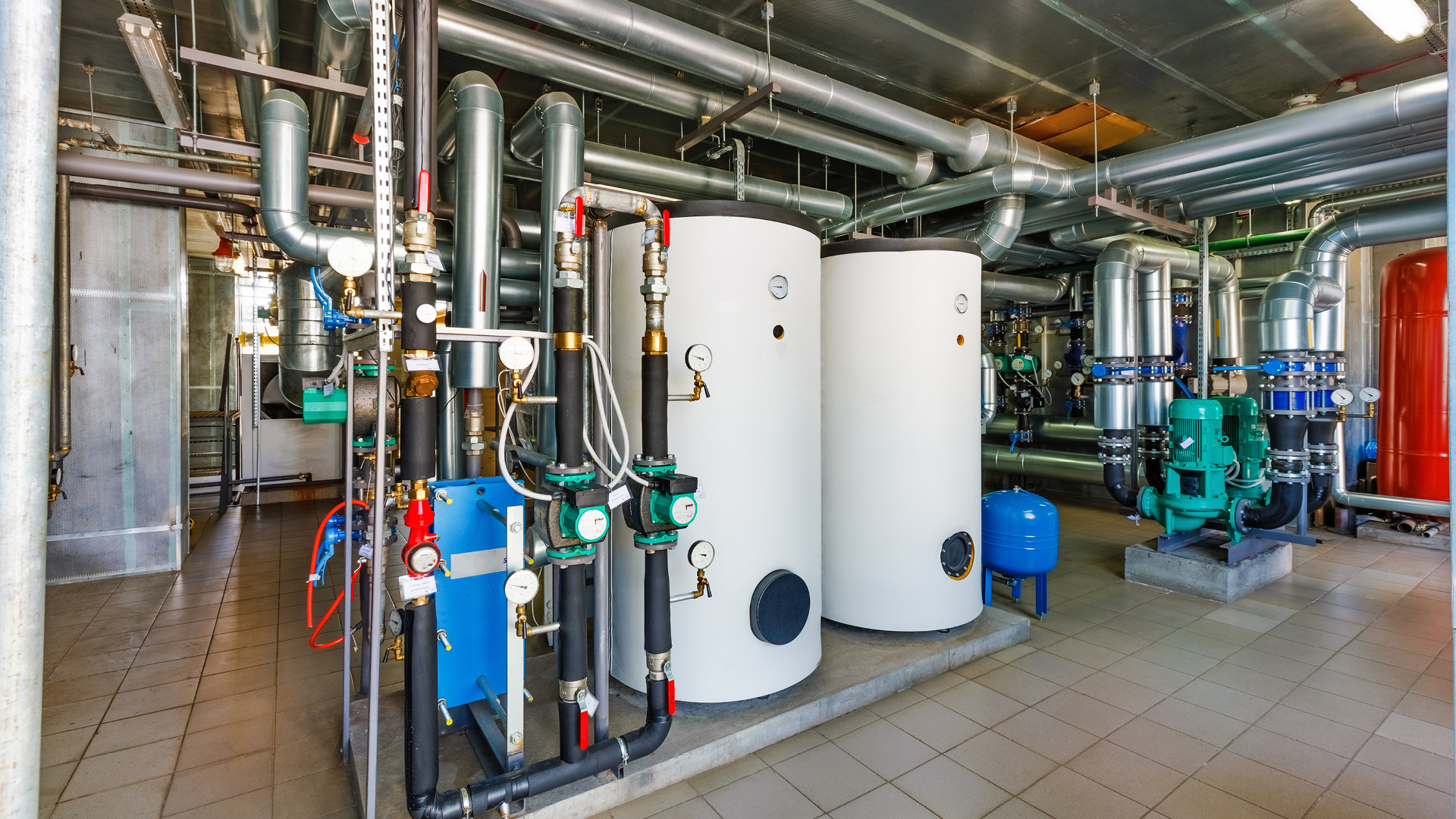
For battery providers
The power grid cannot store energy, so consumption and
generation must be equal at all times. This is achieved
by electricity markets operating on multiple timescales.
Day-ahead and intraday markets operated by power
exchanges such as Nord Pool and EPEX are a market driven
solution for planning beforehand how buying and selling
of electrical energy are matched. However, generation
and consumption cannot be perfectly forecasted and
unexpected outages or consumption peaks can occur.
Ancillary markets operating at different timescales are a
solution for reacting to grid disturbances as they occur.
Transmission system operators procure reserve resources
beforehand, which are compensated for standing by and
being ready to react quickly to grid disturbances. The
replacement of fossil fuel generation with wind and solar
generation greatly complicates the grid balancing problem
and thus increases the need for reserve resources. As
battery prices have come down, batteries have emerged as
a highly suitable kind of reserve resource that is capable of
quickly reacting to grid disturbances. Operating stand-
alone batteries on reserve markets is currently a profitable
business. Additionally, many companies are developing
grid-scale batteries co-located with other resources such
as solar or wind generation or electricity consumers such
as commercial buildings or industrial processes. Such co-
located assets are able to capitalize on price fluctuations in
the Nord Pool or EPEX markets. OptiBid® is currently in use for optimizing the bidding of batteries participating on Finnish reserve markets.

